Rhizome.org has pioneered digital art introducing it on its online platform. It has also taken the lead in continuously promoting and supporting debates on the problematic presentation and archival of ephemeral works. In the early 90s, a time when digital art was both viewed as ‘other’ compared to so-called traditional art and overlooked by the system, Rhizome launched its organisation by welcoming digital works and sharing documents and debates that indicated, from the very beginning, a strong interest in the conservation of ephemeral art. Projects such as the Variable Media Program established by Jon Ippolito, followed. Initially this was an initiative by the Guggenheim Museum of New York in partnership with other institutions.
Rhizome’s interest for conservation has increasingly grown and from being affiliated, as an experimental institution, with the New Museum in New York it has become, to a certain extent ‘institutionalised’ itself.
Rhizome is taking another step forward, organising The National Forum on Ethics and Archiving the Web at the New Museum in New York. This is a national debate about the creation of archives and the ethical questions surrounding this, considering the great impact archives have on political and social change and consolidation. «As new kinds of archives emerge – Rhizome says – there is a pressing need for dialogue about the ethical risks and opportunities that they present to both those documenting and those documented. This conversation becomes particularly important as new tools, such as Rhizome’s Webrecorder software, are developed to meet the changing needs of the web archiving field.
Webrecorder is an open–source platform created by Rhizome.org, able to duplicate interactive copies of sites in order to archive them. As well as presenting exhibitions, commissioning online works and preserving digital works, since 1999 this platform has played a key role in producing software. At first these programs were developed to sustain the production of digital art, but today they are applied to all digital culture, always focused on features connected to its conservation. If art spreads to culture, it is essential to address the ethical questions.
The National Forum on Ethics and Archiving the Web will bring together activists, librarians, journalists, archivists, academics, developers and designers – gathered around one table – with the aim of finding ways to create web archives that are not oppressive bur rather serve as historical documents. Among the themes to debate there is also the right to be forgotten, a hot topic at a time when data is spreading from one site to another with the speed and mode typical of viruses.
The National Forum on Ethics and Archiving the Web, 22 – 24.03.2018
Rhizome.org at The New Museum, New York, 22 – 24.03.2018









































